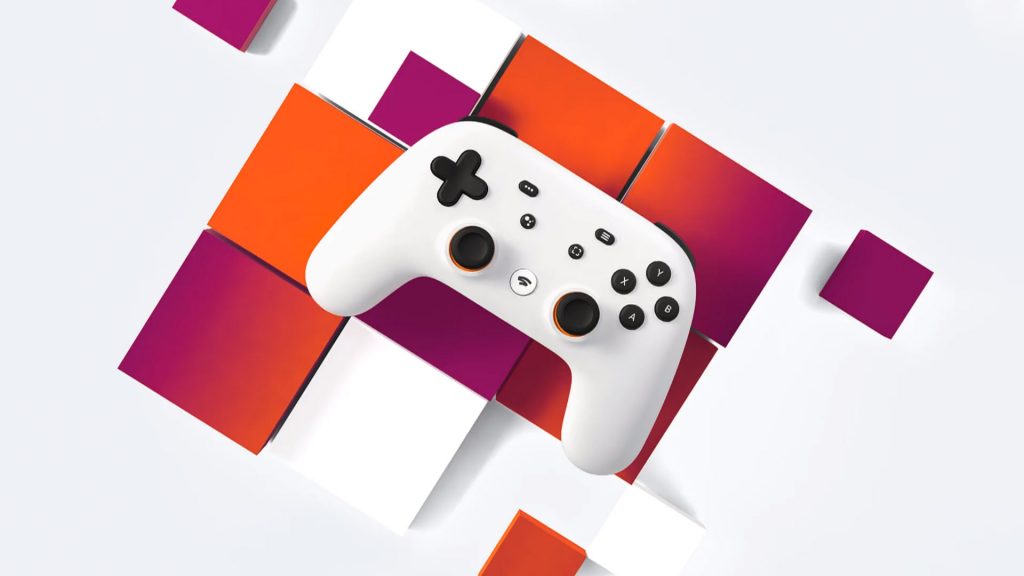Google Stadia might be one of the biggest failures in recent years. The project, launched with high hopes by the company, had significant potential despite being derailed by poor decisions and unfortunate events. However, recent information has revealed another reason for its failure. Google did not plan Stadia well enough, as its original goal was to acquire Epic Games. Here are the details…
Google’s Unsuccessful Attempt to Acquire Epic Games Ahead of Stadia
Google and Epic Games are currently engaged in a legal dispute. Google’s alleged anticompetitive behavior in the Android app market is the central issue in the antitrust lawsuit. However, it seems that the relationship between the two companies has not always been adversarial. Interestingly, if everything had gone smoothly, they might not even be two separate companies today. This is because Google attempted to acquire Epic Games in 2018.

Google has been seeking a foothold in the gaming industry for quite some time. Already a dominant force in the realm of mobile games, the company aimed to extend its influence to AAA-quality PC and console games. Documents revealed in the Epic Games case indicate that before the Stadia project mentioned earlier, Google had considered acquiring Epic Games. The company contemplated investing up to $2 billion to secure a 20% stake in Epic.
Furthermore, the company took this idea a step further by engaging in discussions with Tencent. According to the plan, the two entities would acquire Epic Games and establish a partnership. However, what deterred the company from this project were potential regulatory hurdles. Additionally, the Tencent partnership posed its own set of challenges.
After careful consideration, Google decided against pursuing the acquisition, allowing Epic to remain an independent company. The outcome would have been uncertain had the company continued, but one thing is certain: it would have been better than the current situation. Now, Stadia has come to an end, and Google has completely withdrawn from the cloud gaming platform business.
RELATED:
- Best smart luggage of 2023: Modobag, Weego, Incase & More
- Win ALLDOCUBE iWork GT 12: First 2-in-1 Tablet Powered by AMD, for Free with Gizmochina
- Get $100 OFF on Lenovo Legion Y700 2023 Gamin Tablet at Giztop
- Get $100 Discount on Alldocube iWork GT 12 at Geekwills (Coupon)
(via)





